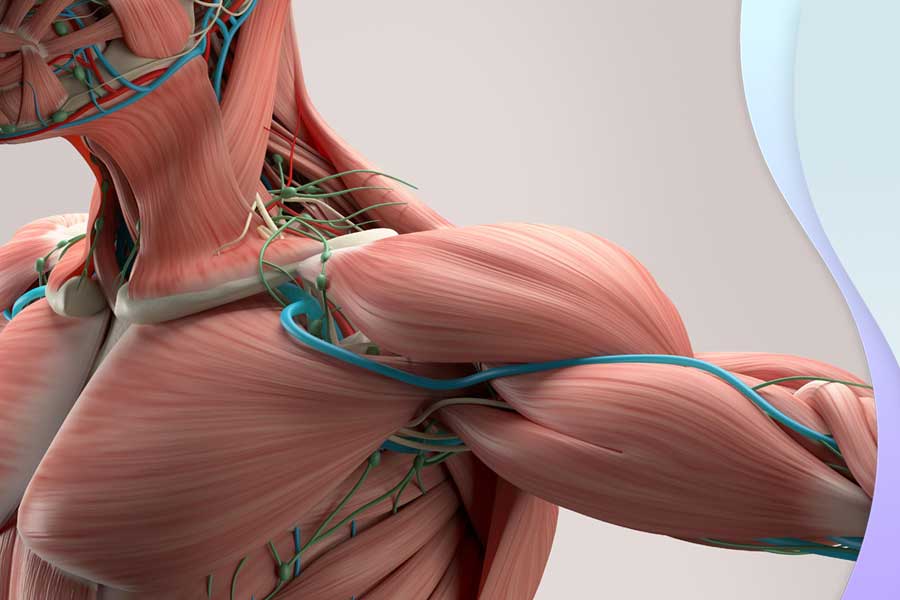
What It Is
Neuromuscular disorders encompass a wide range of conditions affecting the nerves and muscles, or the junction where they communicate. These disorders can be caused by genetic mutations, autoimmune diseases, infections, toxins, or even be of unknown origin. Symptoms can include muscle weakness, twitching, spasms, pain, and difficulty with movement, speaking, swallowing, and breathing.
Types of Neuromuscular Disorders:
- Muscular Dystrophies: A group of genetic diseases that cause progressive muscle weakness and degeneration.
- Motor Neuron Diseases: Affect nerve cells in the brain and spinal cord that control voluntary muscle movement, such as Amyotrophic Lateral Sclerosis (ALS).
- Neuromuscular Junction Disorders: Disrupt the communication between nerves and muscles, including Myasthenia Gravis.
- Myopathies: Disorders affecting muscle tissue itself, causing weakness and pain, such as Polymyositis.
- Peripheral Neuropathies: Damage to nerves outside the brain and spinal cord, affecting sensation and movement.
- Congenital Myopathies: Conditions present at birth that affect muscle function.
- Autoimmune Diseases: The immune system attacks nerve or muscle cells, such as Myasthenia Gravis.